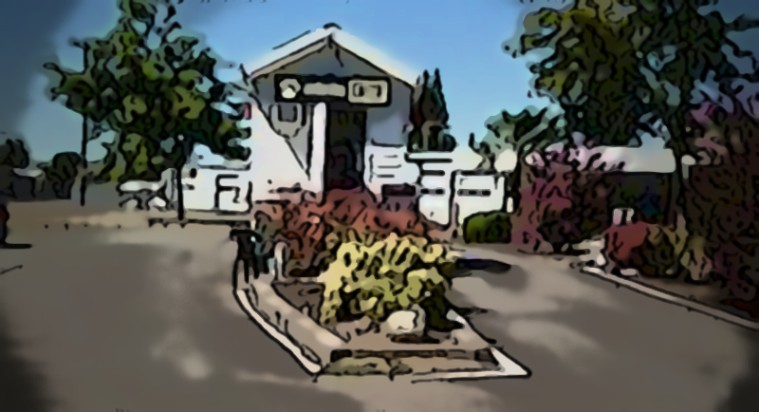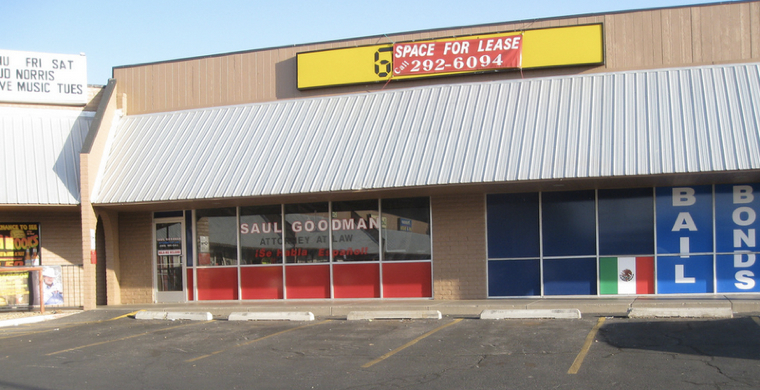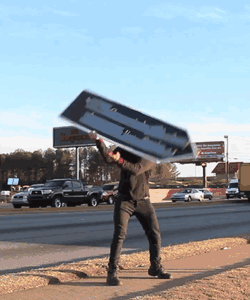First it was a pizza place. Then it was a Chinese restaurant. Then it somehow became a gym. Three different businesses, but one common theme: Failure! We all know one of those bad locations. Every town has them. “Are they jinxed?” we begin to speculate. Maybe they are in an older, shopping center–not the newer, hipper one a few blocks away. Maybe it’s on the left side of the road for commuters driving home, making it difficult to turn across traffic into the parking lot–or perhaps the parking lot is too small for the commuter rush. Maybe the business is a little too far away from Main Street. Or maybe (unfortunately) the problem is a combination of all of these.
But whatever it is, the businesses that people have tried there before just didn’t last.
Optimist that you are, now it’s your location. The good news is this: small businesses in worse locations have figured out how to succeed. And you can too. Here are some ways to tackle the challenge.
Make a big change.

Underdog Coffee, Lebanon, Oregon
If you’re opening a business in a location that has previously failed, you’re going to want to make a statement. You’re going to have to give people a reason to forget about whatever was keeping them away.
This is what Allen Tackett told Entrepreneur magazine in 2005 that he did. When he opened his coffee shop in a formerly-failed location in Lebanon, Ore., he embraced the legacy and even had fun with it. In a location that had seen three previous failures, including another coffee shop, Tackett gave his company the name, “Underdog Coffee.” At the same time, he used higher-quality coffee beans, and created eye-catching, backlit signage. We gave Allen a call to see how he’s doing ten years later. Good news: He’s still brewing up Underdog Coffee, a decade later. (Those folks in Oregon love their coffee.)
Be special.

(Saul Goodman, Attorney at Law: From the TV series Breaking Bad. Boortz47 via Flickr)
People will travel great distances to experience something unique. If you’re starting a restaurant, for example, it’s not enough to just serve good food; you need a signature dish or a secret special sauce. Have a product no one else carries. Offer special services, hours-of-operation, special promotions, low prices or anything that will give people something to talk about and remember. (But don’t follow any advice from Saul Goodman.)
Be visible in ways other than location.

One thing that Tackett did with Underdog Coffee was a large opening campaign. He gave away free coffee and asked local radio DJs to publicize it, which helped put him on the map immediately. Make sure you update and manage your presence online, especially Yelp and Google. You may even want to hire one of those sign spinners we’ve written about before.
Collaborate.
If there are other businesses in your out-of-the-way location, team up with them for some joint promotion. If you don’t have a name for your area, come up with one. In Nashville, Tenn., small businesses have followed this pattern for the past decade and have banded together to brand and promote formerly perceived out-of-the-way neighborhoods that now are bustling commercial districts with names like Twelfth South and The Gultch.
(Photo illustration: SmallBusiness.com | Photo: Thinkstock)
Do you have more suggestions for businesses that may not have the best location? If so, share your ideas in the comments below.
